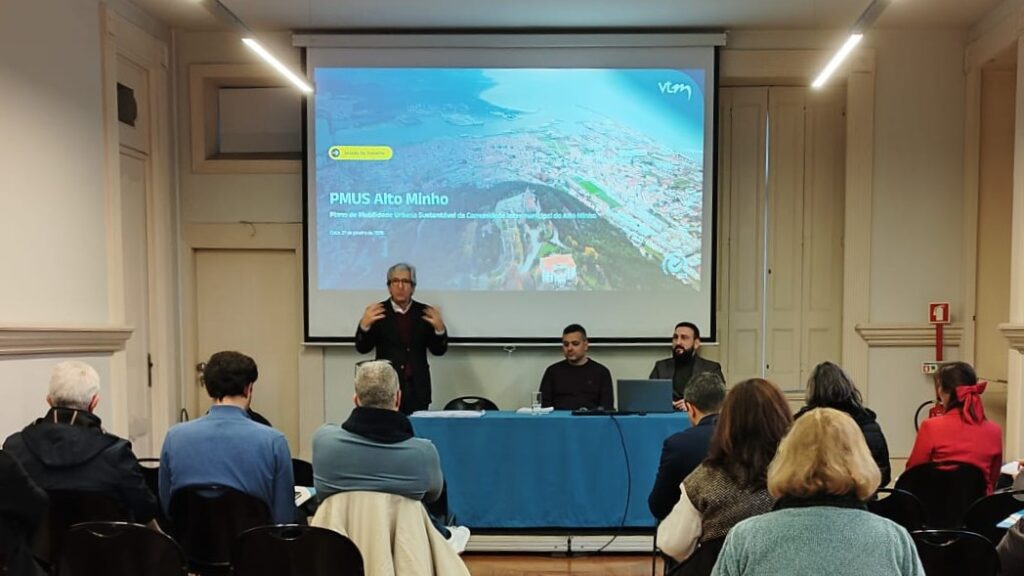Toll Roads in Portugal – What Next?

Public-Private Partnerships (PPPs) in the road sector have significantly contributed to the delivery, operation, and maintenance of motorway infrastructure in Portugal. Since 1998, private investment in the road sector has exceeded 14.000 million euros, nearly doubling the length of the national motorway network to over 3,000 km, turning it into the 4th largest in Europe and the 2nd in terms of km per inhabitant.
The diversity of remuneration models in this sector is notable with the coexistence of real toll concessions, where revenues are obtained directly from users, and availability payments in the case of the former shadow tolls (SCUTs). As a result of contractual renegotiations for the introduction of real tolls to its users in 2010/2011, all but one of these former shadow toll concessions saw their remuneration risk decoupled from traffic, with the new toll revenue reverting directly to the State (through IP – Infraestruturas de Portugal).
According to UTAP – entity under the Ministry of Finance providing specialized technical support and monitoring for national PPPs – the availability payments to the former SCUTs amounted to 484 million Euros, with an additional 24 million euros payments due to toll collection costs (figures for the 1st semester of 2023). IP’s revenue from toll collection in the former ex-SCUTs reached 142 million Euros in the same period, even despite the generalized discount of 50% to users introduced in 2021. A further generalized discount instituted at the beginning of 2024, which is currently in force, reduced the kilometric tariffs to 35% of the toll rates initially established.
The possible ban of toll charges on the former SCUTs is presently under consideration.
Latest news
All news
Collaborative mobility planning takes a major step forward in Alto Minho
This week, Ponte de Lima hosted an important milestone for sustainable mobility in the Alto Minho region, with the working sessions of the 2nd-generation Sustainable Urban Mobility Plan of Alto Minho (SUMP Alto Minho), promoted by CIM Alto Minho. At VTM, we are proud to support CIM Alto Minho in the development of a new-generation […]

VTM welcomes Oriol Riba and Alessandra Bernardi
VTM is pleased to announce the addition of two highly experienced professionals, Oriol Riba and Alessandra Bernardi, further strengthening our capabilities across infrastructure advisory and transport modelling. Oriol Riba joins VTM as a Senior Associate Director with more than fourteen years of experience in the infrastructure sector, with a strong focus on transport and additional exposure to energy […]
